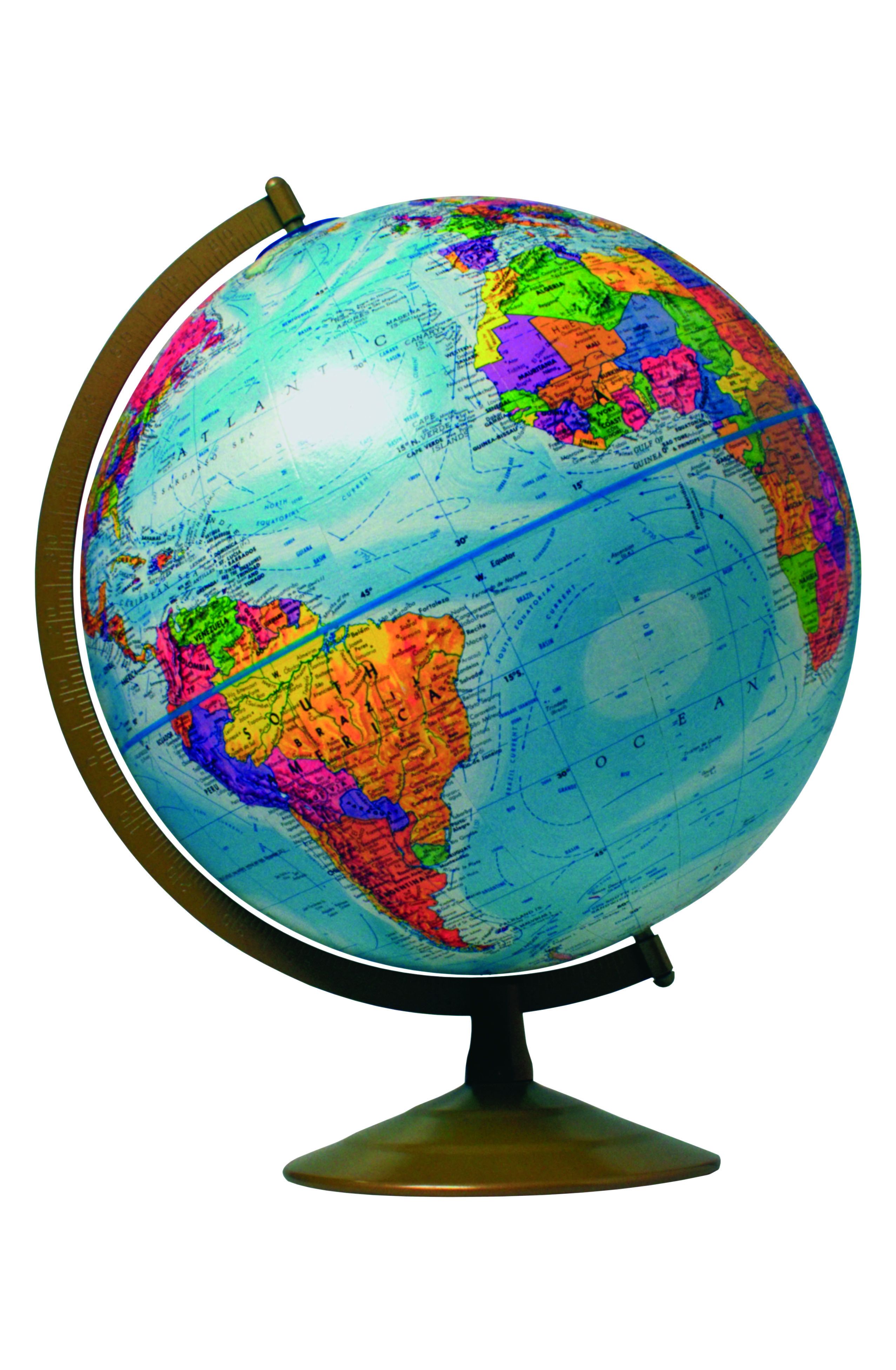I am currently completing a part-time Masters degree in Geography Education at the Institute of Education, UCL. The module I am currently studying is entitled ‘What is Education’ and asks students to consider the ‘big questions’ of what education is for, both now and in the future. Whilst the assignment does not need to be subject-specific, my passion for geography has led me towards researching the purpose of teaching and learning geography in schools, through an analysis of the Geographical Association’s 2009 ‘manifesto’, ‘A Different View’.
Following a concern with public perception of geography and the widening gap between what is taught in schools and at university level, the aim of the manifesto is to demonstrate the importance of geography and communicate the exciting and varied scope of the subject in providing young people with an inspired curiosity about the world around them. The publication is broken down into seven sections with each providing a rationale for effective geographical teaching and learning. I have provided links if you wish to read further about some of the ideas they put forward.
- Geography: A curriculum resource par excellence
Geography is for everyone. Geography’s place in the curriculum is threefold: it fascinates and inspires, it serves vital education goals and it creates skilful and employable pupils. In 2010, The Guardian reported that geography graduates were 7.4% more likely to gain employment than average.
- Thinking Geographically
Thinking geographically ‘is a uniquely powerful way of seeing the world’ (Jackson, 2009)*. The GA argues that ‘thinking geographically is not everyday thinking. If we thought these were the same, there would be little point in having geography lessons’ (Geographical Association, 2012)**.
- Living Geography
Geography is ‘directly relevant to people’s lives and the world of work’ (Geographical Association, 2009)***. ‘Living Geography’ is the GA’s attempt to ‘brand’ geography as the most relevant and exciting topic of the 21st century. By focusing on change and concentrating on ‘big ideas’ such as sustainable development, geography is best placed to enable students to think critically about their lives and the world around them.
- Geography and Young People
Building on the ideas of the Young People’s Geography Project, the GA argues that the geography taught in schools should draw on the experiences and ideas of the pupils, and the curriculum should be created with this in mind.
- Investigating and exploring Geography
Students should not be passive receptors of geographical knowledge, but should instead discover it through the popular pedagogical approach that is ‘enquiry-based’ learning.
- Geography and the ‘real world’
Fieldwork is an essential part of learning ‘real world’ geography outside of the classroom, but the manifesto also argues for the experiences of undertaking the work and the memories that pupils make as being just as important as the geography itself that is covered.
- Curriculum making with geography
All of the above sections become stimulating and ‘alive’ to pupils when we as teachers have a passion and understanding of the subject’s educational benefits. Whilst the nature of the subject matter can provide challenges for us, the opportunities that geography provides us with to inspire the lives of young people are infinite.
The manifesto is accessible, interesting and inspiring and I would recommend a read to any geography teacher. Not only did it reaffirm my belief that geography is an integral part of the school curriculum, but it enabled me to think carefully about the geography that I teach and whether it serves the seven aims of the manifesto. What are your feelings towards the manifesto? Does the geography in your lessons achieve these seven aims?
*Jackson, P. (2006) ‘Thinking Geographically’, Geography, 91(3), 199-204
**Geographical Association (2012) Thinking geographically [Online] Available at: www.geography.org.uk/…/GA_GINCConsultation12ThinkingGeographically
***Geographical Association (2009) A Different View.
 Rebecca Priest is a Geography Teacher at King Edward VI High School for Girls in Birmingham. She is currently studying for a MA in Geography Education at the Institute of Education and presented a session on ISM at the GA’s 2015 Annual Conference.
Rebecca Priest is a Geography Teacher at King Edward VI High School for Girls in Birmingham. She is currently studying for a MA in Geography Education at the Institute of Education and presented a session on ISM at the GA’s 2015 Annual Conference.
